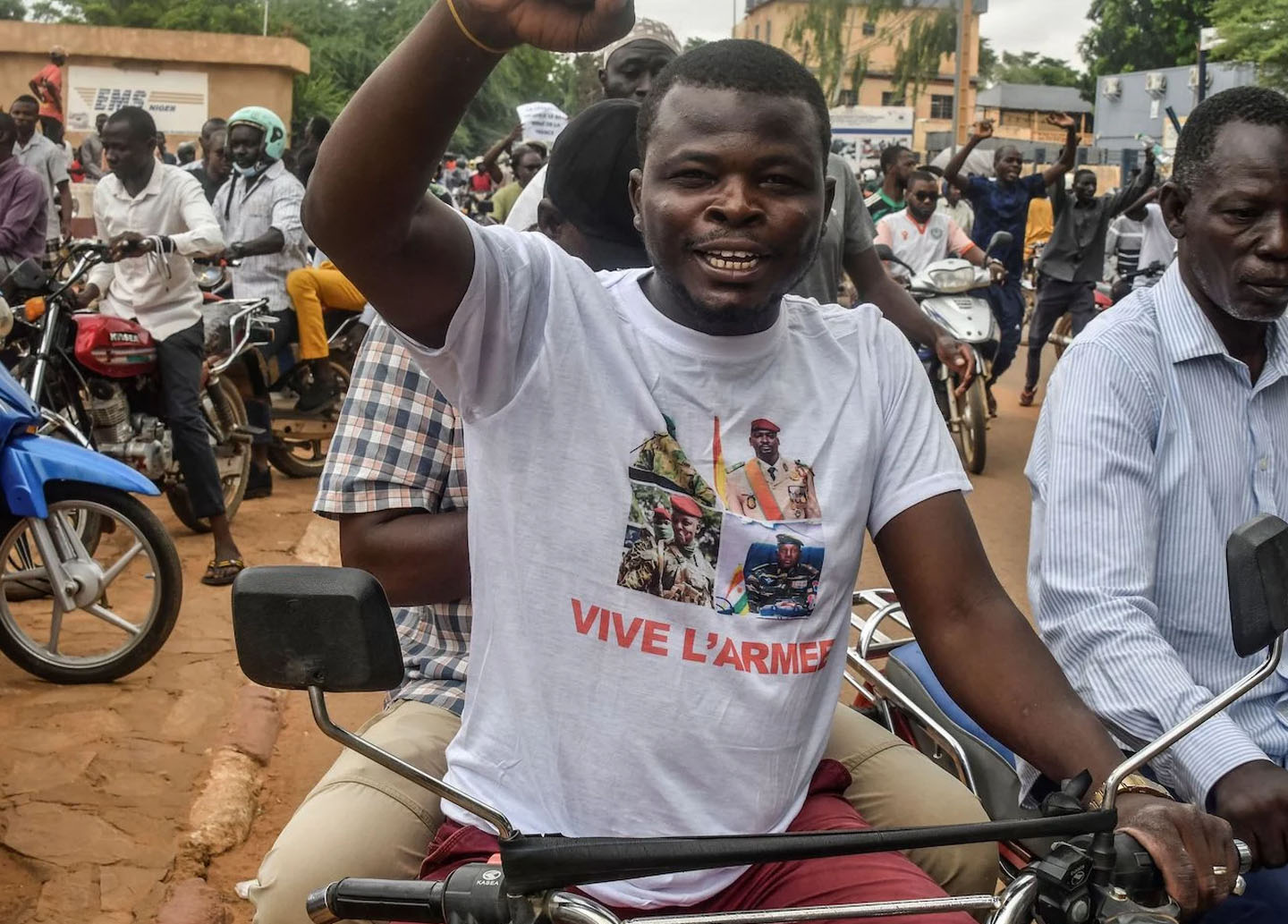Nigeria is increasingly liberalizing its financial services sector away from a total dependence on banks to include providers with different business models and distribution channels. The latest step in that evolution is the granting of ‘payment service bank’ licenses to MTN and Airtel, two of the country’s biggest providers of telecom services.
Both received final authorization from the Central Bank of Nigeria (CBN) in April, six months after an approval-in-principle was issued last November.
When their PSBs begin operations, MTN, and Airtel will not provide every type of banking service in Nigeria. They won’t be able to lend to or facilitate foreign exchange transfers for customers, for example.
But the license will “open the opportunity for expanding reach to more remote, lower income customers that banks have been unable to reach,” says Ashley Immanuel, the former CEO of EFInA, a group that publishes research on access to financial services in Nigeria.
What are payment service banks?
CBN introduced the PSB license in 2018, modeled after India’s payments banks, which were created by The Reserve Bank of India in 2015 to take banking to rural areas, serving migrant workers and low-income families. One of India’s six payments banks is owned by Airtel, another by Mukesh Ambani’s telecom giant, Jio.
Nigeria is following this playbook.
Its PSB license is a type of mobile money license reserved for non-bank institutions (including supermarket chains) that can demonstrate an ability to reach the rural areas, where two-thirds of the country’s 106 million adults live. While 45% of Nigerian adults have bank accounts, 36% are still completely financially excluded, EFInA’s report for 2020 (pdf) said.
PSBs offer deposits and withdrawals, cross-border remittances, and can issue debit cards, but not credit cards. 25% of their operations must be in rural areas.
Nigeria now has 5 PSBs, as MTN, and Airtel join Glo, and 9Mobile, also mobile network operators, in obtaining the coveted license (Glo and 9Mobile got theirs in 2020.) Each of them formed a subsidiary for this purpose: MoMo PSB, Smartcash PSB, Moneymaster PSB, and 9PSB respectively. A minimum capital of 5 billion naira ($13 million) is required to operate a PSB, according to the CBN’s guidelines (pdf).
Telcos can offer cost-effective financial services
There is some optimism for these telco-owned PSBs, given that four of the telcos have a combined 198 million active mobile phone subscribers. MTN, for example, has above 80% national coverage of the baseline 2G and 3G services that will power most PSB services through technologies like USSD and electronic wallets.
EFInA’s view, shared in an email to Quartz, is that telcos like MTN “have great potential to advance financial inclusion” by taking advantage of their large capital base, strong brand presence, technology, and ability to scale. A report by the GSM Association (pdf), an organization that tracks trends in mobile financial services across the world, projects that PSBs in Nigeria will be able to “deliver services cost-effectively in rural areas.”
Where banks have to charge prohibitive fees on low value transactions, hence discouraging the participation of poor customers, telcos can take advantage of the fact that those customers already use their voice (and, probably, data) services to add value.
But success in achieving financial inclusion isn’t a foregone conclusion for these telcos. Assessments by EFInA and GMSA agree that big awareness drives in the target areas will be needed to get consumer buy-in. Strategic partnerships will also play a role as each cannot operate in silos; partnering with banks, micro credit lenders, and insurance companies will be key aspects of long-term success.






























